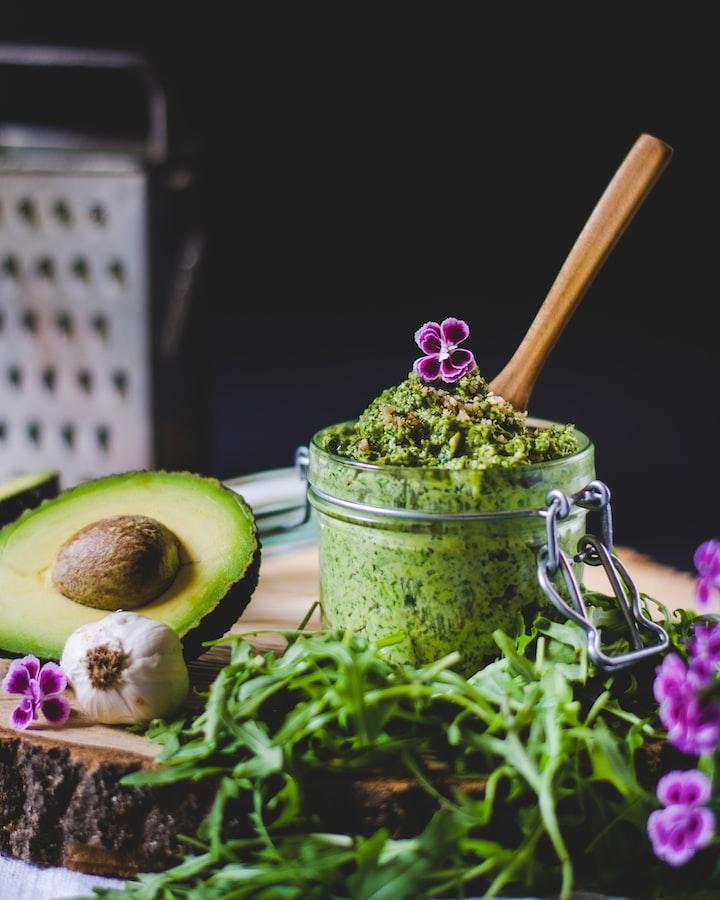There are many different diets that can help reduce inflammation. Some of the most effective anti-inflammatory diets include the Mediterranean diet, the Paleo diet, the autoimmune protocol diet, and the low-FODMAP diet.
The Mediterranean diet is rich in anti-inflammatory foods such as olive oil, fish, nuts, and vegetables. This type of diet has been shown to help reduce inflammation and improve overall health.
The Paleo diet is another effective anti-inflammatory diet. This type of diet focuses on whole, unprocessed foods such as meats, vegetables, fruits, and healthy fats. The Paleo Diet has been shown to help reduce inflammation and improve overall health.
The autoimmune protocol diet is a more restrictive form of the Paleo Diet that helps to control autoimmune diseases by eliminating inflammatory triggers from the diet. This type of diet can be difficult to follow but has been shown to be very effective in reducing inflammation for those with autoimmune diseases.
The low-FODMAP diet is a specialised dietary approach that eliminates certain types of carbohydrates that can trigger digestive problems and lead to inflammation. This type of diet can be difficult to follow but has been shown to be very effective in reducing digestive issues and improving overall health for those with digestive disorders.
Tomatoes
One of the most important nutrients found in tomatoes is lycopene, which is a powerful antioxidant that has been shown to have numerous health benefits. For example, studies have shown that lycopene can help protect against heart disease and certain types of cancer. Tomatoes are also a good source of vitamin C, another important nutrient with numerous health benefits.
In addition to being a healthy choice for people looking to improve their overall health, tomatoes can also be helpful for those who suffer from inflammation. This is because tomatoes contain quercetin, a flavonoid that has anti-inflammatory properties. Quercetin has been shown to help reduce the symptoms of conditions like arthritis and asthma.
If you’re looking for an easy way to add more tomatoes to your diet, there are many delicious recipes that feature this healthy fruit as an ingredient. One simple way to enjoy tomatoes is to slice them up and add them to your salad. You can also use them in pasta dishes or as toppings on pizzas or sandwiches. However you choose to eat them, adding more tomatoes to your diet is a great way to improve your overall health!
Olive oil
In one study, people with inflammatory arthritis who consumed a diet rich in oleic acid had less pain and stiffness than those who didn’t. Oleic acid is also found in other oils, such as canola and peanut oil. So if you don’t like the taste of olive oil, you can try using these instead.
But it’s not just the healthy fats in olive oil that make it anti-inflammatory. The antioxidants found in this oil can also help fight inflammation. One of these antioxidants, hydroxytyrosol, has been shown to protect cells from damage caused by inflammation.
If you want to include olive oil in your diet, there are many ways to do so. You can use it in place of other oils when cooking or baking. Or add it to salads or pasta dishes for extra flavor. You can even find some brands that sell flavored olive oils, such as lemon or garlic-infused varieties.
Green leafy vegetables, such as spinach, kale, and collards
Green leafy vegetables are some of the best foods you can eat if you’re looking to reduce inflammation. They’re packed with vitamins and minerals, and they’re a great source of fiber.
Spinach is one of the most nutrient-dense foods on the planet, and it’s a great source of vitamins A, C, and K. It’s also a good source of magnesium, which is an important mineral for reducing inflammation.
Kale is another nutrient-dense food that’s high in vitamins A, C, and K. It’s also a good source of calcium and iron.
Collards are a type of leafy green vegetable that’s related to kale and spinach. They’re a great source of vitamins A, C, and K, as well as calcium and iron.
Nuts like almonds and walnuts
Inflammation is a normal immune response that helps the body heal from injury or infection. However, when it becomes chronic, it can contribute to a number of health problems including heart disease, arthritis and diabetes.
There are many different ways to fight chronic inflammation, but one simple way is to include anti-inflammatory foods in your diet. And as it turns out, nuts are one of the best anti-inflammatory foods you can eat!
For example, almonds are rich in Vitamin E – an antioxidant that has been shown to help protect cells from damage caused by inflammation. Walnuts contain high levels of omega-3 fatty acids – which have been shown to decrease inflammation throughout the body. And pistachios contain lutein – another nutrient with anti-inflammatory properties.
So if you’re looking for a delicious way to fight inflammation, reach for a handful of nuts!
Fatty fish like salmon, mackerel, tuna, and sardines
If you’re looking for an anti-inflammatory diet, you might want to consider one that includes fatty fish like salmon, mackerel, tuna, and sardines. These fish are a good source of omega-3 fatty acids, which have been shown to help reduce inflammation.
Fruits such as strawberries, blueberries, cherries, and oranges
When about finding a diet that is best for inflammation, there are a few key things to look for. First, you want to make sure that the diet includes plenty of fruits and vegetables. Fruits and vegetables are packed with antioxidants, which help to reduce inflammation in the body. Additionally, you want to make sure that the diet includes healthy fats, such as Omega-3 fatty acids. These healthy fats can also help to reduce inflammation in the body.
